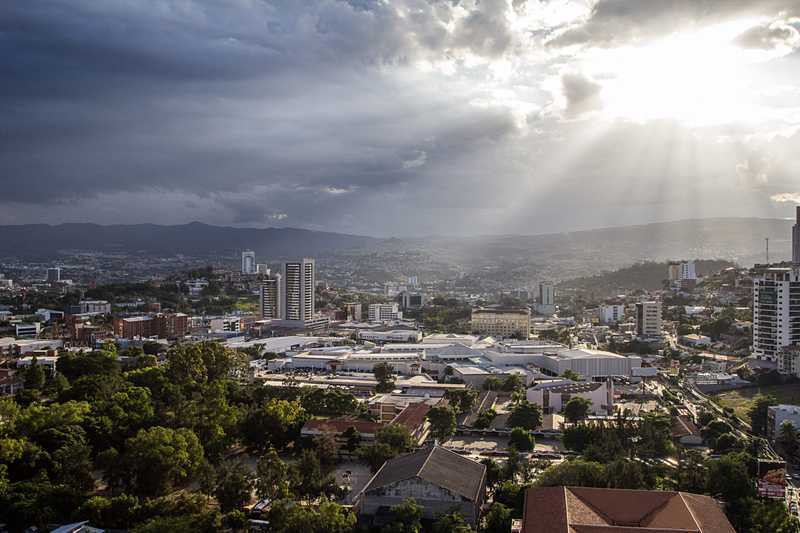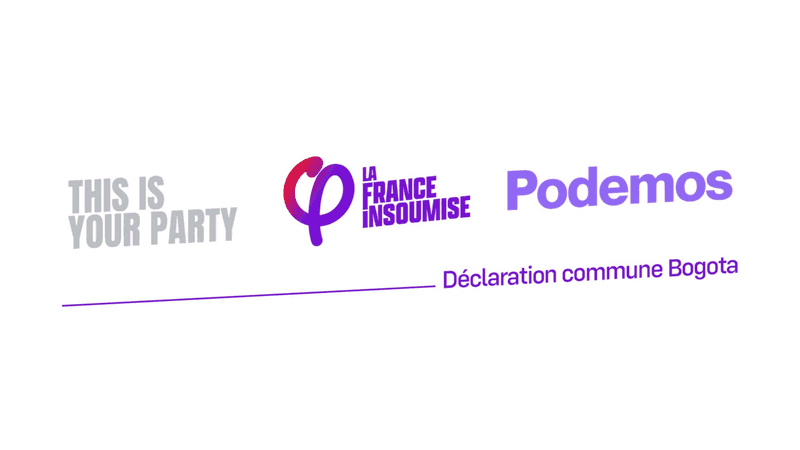
Honduras has struggled to raise appropriate revenues from corporate taxation and wealthy individuals, especially following a series of exemptions and loopholes created by successive post-2009 coup governments. These loopholes, coupled with banking secrecy and opaque systems of masking beneficial ownership, placed Honduras on the path to being labelled a tax haven.
The total lost to these loopholes and exemptions in the period 2010 to 2023 is more than the entire national public debt in Honduras. According to official statistics, Honduran national public debt stood at $16.6 bn USD at the close of 2023. It is estimated that the value lost to the treasury from tax exemptions and loopholes granted between 2010 and 2023 is $20.1 bn USD.
The Tax Justice Law seeks to turn the page on this period. It institutes the progressive principle that those with more should pay more, simplifies the tax system to remove loopholes and increases transparency. The Law proposes to close the loopholes that permitted large-scale corporate tax avoidance, end corporate profit shifting as a method to reduce tax by assessing global, not just national profits, tax corporate and individual income received from abroad, end tax debt write-downs, which served as a disincentive for meeting tax liabilities promptly and in full, end banking secrecy for tax matters, make beneficial owners of corporations liable for taxation, shining a light on opaque corporate structures, and promote the international exchange of information to improve tax justice through ratifying the OECD’s Convention on Mutual Administrative Assistance in Tax Matters, of which 147 countries currently participate.
Taken together, this robust package of reforms is likely to raise revenue for the Honduran state without increasing tax rates or creating new taxes. It also strikes a blow against the global tax haven regime and banking secrecy industry, setting an example to other countries whose tax jurisdictions are currently used to undermine the tax takes of other states through facilitating tax dodging.
Such tax transparency will likely aid Honduras’ development with greater funds available for social, economic and environmental goals. As part of the Law, the Honduran government is proposing two new tax regimes aimed at industrial development and foreign investment. Unlike previous tax incentives, these will be time-limited, only for specific taxes and with controls to ensure public benefit, through job creation and development.
The global consensus among economists and policy makers holds for an urgent need to deal with tax dodging, tax havens and banking secrecy zones, in addition to further developments. Following the leadership of the African countries Group, all countries of the world are now participating in the Ad Hoc Committee to Draft Terms of Reference for a UN Framework Convention on International Tax Cooperation. The terms of reference, to be completed by August this year, will form the basis for the creation of a globally inclusive tax body aimed at delivering on this crucial agenda. Furthermore, in 2021, more than 130 countries, under the OECD Inclusive Framework, agreed on a series of measures, including a global minimum tax on large corporations at the international level. In addition, in March of this year, the G20 Brazilian Presidency, began discussions to consider, for the first time, greater progressivity in the taxation of the income of the super-rich, including the possibility of establishing a minimum level of taxation on large fortunes. Meanwhile, in Latin America, progressive tax reforms are being promoted within intergovernmental regional integration organisations, where the role of the Community of Latin American and Caribbean States (CELAC) will be important. Lastly, the Regional Platform for Tax Cooperation for Latin America and the Caribbean (PTLAC) has also been articulated and seeks to unify the voice of the countries of the region to better represent the interests of its peoples in international processes, and to advance in a coordinated manner in international forums.
Honduras’ proposed Tax Justice Law puts these principles into action. We, the undersigned, express our support for the reform package that is set to establish a fairer and more robust system of taxation and incentives that will provide a sounder footing for Honduran development. Such a Law has implications far beyond Honduras’ borders, setting an example of how states can assert sovereignty through taking action against tax injustice individually and collectively.
Full list of signatories:
José Antonio Ocampo
Joseph Stiglitz
Jayati Ghosh
Jeffrey Sachs
Gabriel Zucman
James Galbraith
Ann Petifor
Yanis Varoufakis
José Gabriel Palma
Dean Baker
James K Boyce
Patrick Bond
Sankar Varma
Jason Hickel
Adrien Fabre
Trevor Evans
Fidel Aroche Reyes
Andrés Arauz
Nuno Barroso
Mange Ram Adhana
Kathleen McAfee
Gustavo Indart
Malcolm Sawyer
Roos Saalbrink
Óscar Ovidio Cabrera Melgar
Alex Cobham
José Miguel Ahumada
Juan Pablo Martínez Ortiz de Taranco
Christian Pino Garrido
Jerome Roos
Pedro Francisco Paez Perez
Lorena Valle Cuéllar
Alejandro Vanoli
Daniel Rojas
Ndongo Samba Sylla
Monica Bruckmann
Juan Pablo Pérez Sáinz
Farwa Sial
Colin Besaans
Richard Kozul-Wright
Ricardo Martner
Martin Guzman
Mary Robertson
Carlos Marx Carrasco Vicuña
Diego Borja Cornejo
Liam Campling
James Meadway
Cecilia Rikap
Isabella Weber
Manuel F Montes
Fadhel Kaboub
Camila de Caso
Rodulio Perdomo
Juan Arancibia Cordova
Jason Rosario Braganza
Luis Moreno
Nathalie Beghin
Efraín A. Díaz Arrivillaga
Cristóbal Otero
Emmanuel Saez
Ignacio Flores
Matti Kohonen
Mercedes DAlessandro
Pedro Rossi
José Ricardo Barrientos Quezada
Daisy Guadalupe Avila
Gloria García-Parra
Aaron Schneider
Amparo Canales
Abdul Muheet Chowdhary Gustavo Irías
Magdalena Sepúlveda Carmona
Ana Ortega Flores
Mirta Kennedy
Richard D Wolff
John McDonnell
César Augusto Sención Villalona
José Efraín Deras
Mauricio Díaz Burdett
René Ramírez Gallegos
Jorge Coronado Marroquín
Adrián Falco
Andrés Chiriboga




